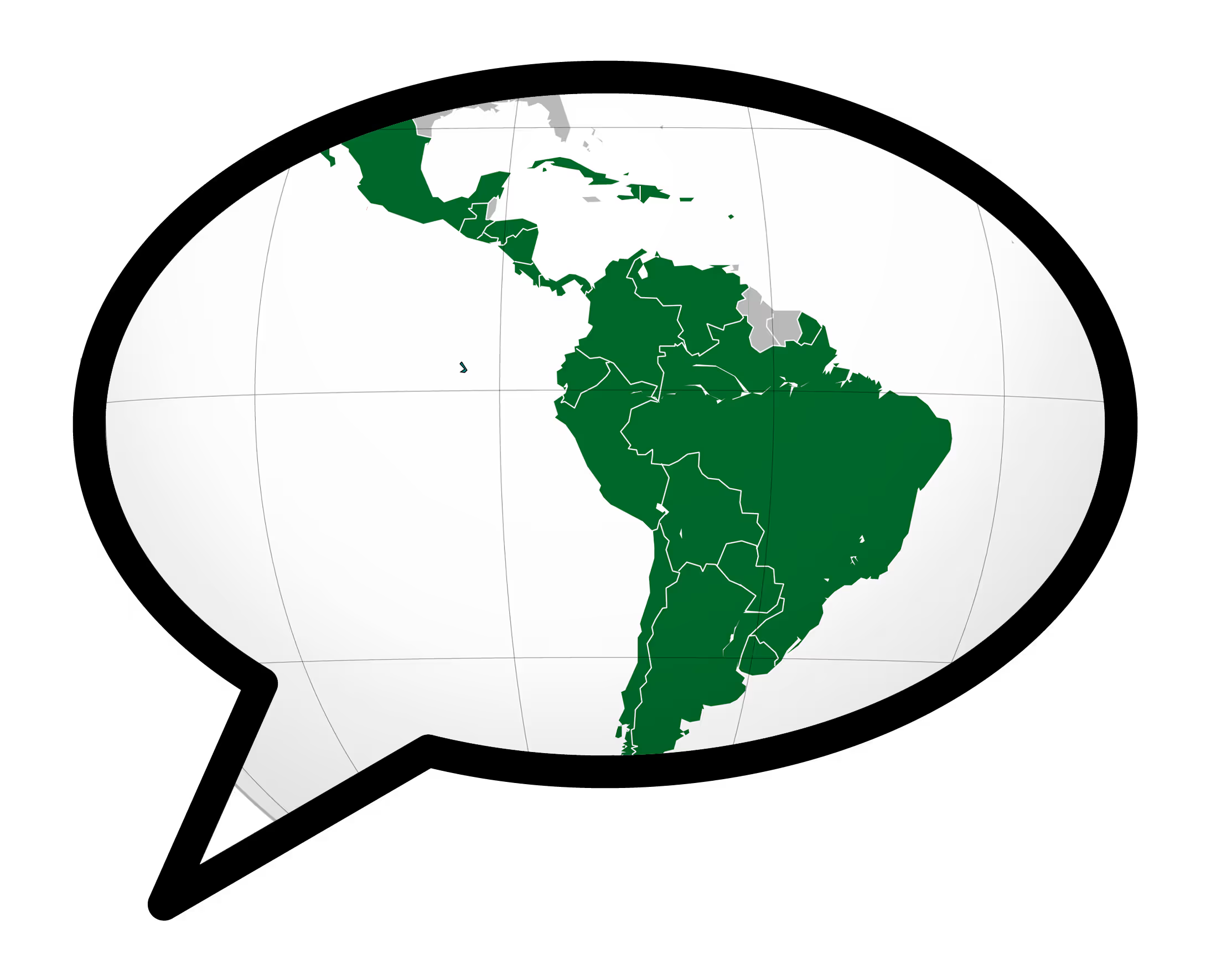In Spanish / In Portuguese
Around the world, the need for collective action and the flexibility to adapt to challenges such as the Covid pandemic and global warming is obvious to everyone. A new project in Latin America draws upon an unexpected source of insight: Darwin’s theory of evolution.
Funded by the Templeton World Charity Foundation (TWCF), the project is titled “A Big Questions Approach to Managing Cultural Evolution in Latin America.” The founder of TWCF, Sir John Templeton (1912-2008), felt that the “Big Questions” about the universe, the living world, and humanity, which have long been pondered by philosophers, religious sages, and spiritual seekers, can also be addressed scientifically and can contribute to human thriving in a practical sense. Among these big questions are how humans evolved as a highly cooperative species and developed a capacity for cultural evolution as a much more rapid process of adaptation than genetic evolution.
Scientific research on these questions is new because, for most of the 20th century, the study of evolution was confined to genetic evolution, leaving the study of human cultural evolution to other academic disciplines. Also, evolution was associated with ruthless competition (Social Darwinism), which neglected cooperation as an adaptive strategy and the most distinctive feature of the human species, compared to most other primates.
These new developments in evolutionary science have matured to the point where they can inform practical governance and change efforts. ProSocial World, the nonprofit organization that received the TWCF grant, works with groups in real-world settings to become more cooperative and adaptable, both internally and in their interactions with other groups, to achieve prosocial goals. The mission of PW is “to consciously evolve a world that works for all.”
The project will begin working with eleven organizations throughout Latin America listed below. Some are already funded by TWCF and others already have an association with PW. Collectively, they address topic areas as diverse as education, health, wildlife conservation, and forest regeneration, business entrepreneurship, and governance at the city, provincial, and national scales. The intention is to grow the network during the two-year period of the grant.
The reason that such diverse organizations can work together is because PW’s conscious evolution approach is both multi-context and multi-level. Multi-context means that the same principles can be applied to any topic area, based on the common denominators of cooperation and adaptability. This is in contrast to most other governance and change methods, which originated within a given context (such as education or business) and have difficulty spreading to other contexts.
Multi-level means that the same principles can be applied at any scale, from individuals working in small groups to global governance and all levels in between. This means that any individual or organization can begin adopting a conscious evolution approach at their current capacities and expand from there.
While the TWCF grant is confined to Latin America, PW is applying the same methods globally. To learn more about “consciously evolving a world that works for all” and the TWCF-funded project in Latin America, please contact Ola@prosocial.world.
Founding organizations
ARCA: “Political innovation at the service of the transformation of Latin America.”
Bioeconomy Education for Systemic Change (BE CHANGE): “A community of practice that intends to improve bioeconomy education around the world.”
CollabSoul: “We want to maximize the transformation that the world needs, promoting a new lifestyle that integrates collaboration, innovation, and happiness.”
Community Conservation: “In order to promote global biodiversity and sustainable land use, Community Conservation Inc catalyzes, facilitates, and empowers local people to manage and conserve natural resources within the social, cultural, and economic context of their communities and facilitates widespread, global adoption of community-based conservation.”
Coschool: “Design and execute socio-emotional educational processes for the well-being of young people, teachers, and educational leaders in Latin America.”
Conviver: “Strategies for Coping with Violence in Schools.”
Earth Regenerators: “We come from many walks of life, live all over the world, and are unified in our passion for dedicating ourselves to the healing of landscapes and preservation of the Earth’s biosphere.”
Observatory of Psychology in Latin America (OPAL): “We record the development of psychology in Latin America and its contributions to science and society.”
One Pencil Project: “The intersection of education, scientific research, and philanthropy.”
Positive Design: “Through a humble, child-centered approach, this project aims to provide new insights into the impact of gratitude on Columbian children.”
World Vision Honduras: “We offer a complete solution to the problems of poverty and injustice—and we make it sustainable so that it lasts.”




